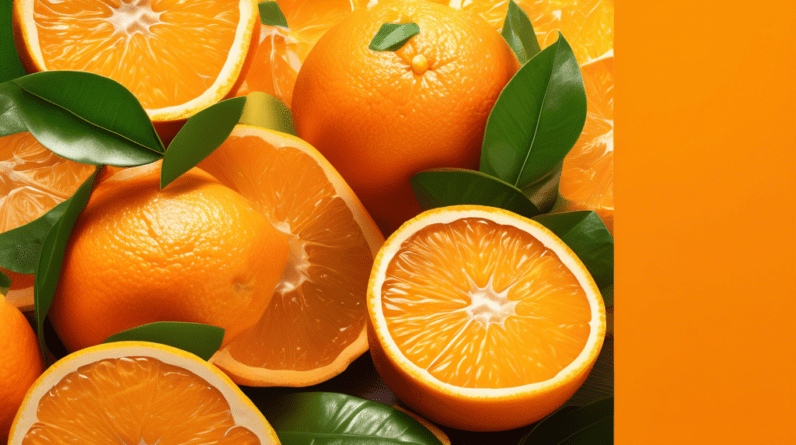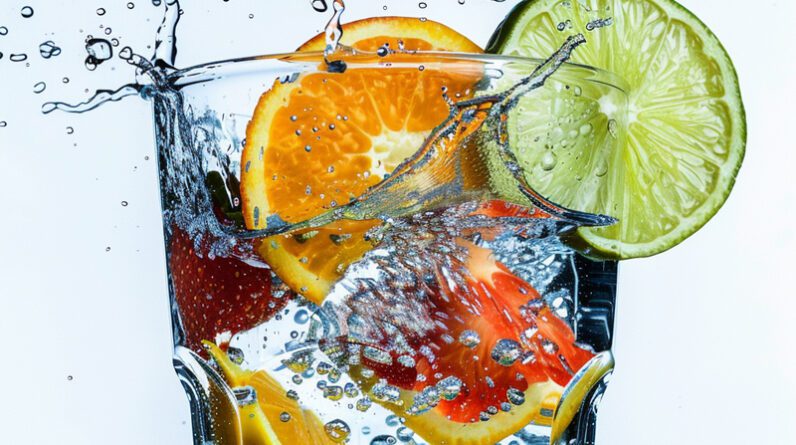Okay, let’s get real about juice cleanses. We’ve all seen the hype, the before-and-after pictures, the promises of a total body reset. But when it comes down to it, how many pounds do you *really* lose on a juice cleanse? I’m not gonna sugarcoat it – the answer is a bit more complex than a simple number.
Understanding the Initial Drop
First things first, you’ll likely see a noticeable drop in weight within the first few days of a juice cleanse. And yeah, it can be pretty exciting stepping on that scale and seeing the numbers go down. But here’s the thing: a significant portion of that initial weight loss is water weight.
See, when you switch from solid foods to just juices, your body depletes its glycogen stores. Glycogen is basically how your body stores carbs for energy, and it holds onto water. So, when you’re not eating carbs, your body uses up that glycogen, and the water goes with it.
The Detox Factor
Now, juice cleanses often talk about detoxing your body. While our bodies have organs like the liver and kidneys that naturally detoxify, juice cleanses can give them a little support. By flooding your system with nutrient-rich juices, you’re providing your body with a concentrated dose of vitamins, minerals, and antioxidants.
This can lead to feeling more energized and less bloated, which might make you *feel* lighter, even if the scale isn’t moving as much.
Fat Loss vs. Water Weight
Here’s the deal: while you *can* lose some actual fat on a juice cleanse, it’s not a sustainable long-term solution. Once you go back to eating solid foods, you’ll likely regain some of the weight you lost.
Think about it this way: fat loss requires a calorie deficit – burning more calories than you consume. While juice cleanses are typically low in calories, they’re also low in protein and fiber, which are essential for keeping you feeling full and satisfied.
Factors Influencing Weight Loss
So, how much weight you lose on a juice cleanse really depends on a few things:
- **Length of the cleanse:** Longer cleanses will typically result in more weight loss, but again, a lot of that will be water weight.
- **Your starting weight:** People with more weight to lose tend to see a bigger initial drop.
- **Your metabolism:** Everyone’s body burns calories at a different rate.
- **The type of juice cleanse:** Some cleanses are more restrictive than others.
Setting Realistic Expectations
Look, if you’re considering a juice cleanse, it’s important to have realistic expectations. It’s not a magic bullet for weight loss, and it’s definitely not a healthy long-term solution.
Instead, think of it as a way to kickstart healthier habits, like eating more fruits and vegetables. And remember, sustainable weight loss comes from making gradual changes to your diet and lifestyle – not from quick fixes.
A Personal Story
I remember once getting an email with the subject line She lost 10 pounds in just 3 days! Curiosity got the better of me, and I clicked. It was an ad for a juice cleanse, and while I was skeptical, that initial weight loss number was pretty tempting.
I ended up trying the cleanse, and yeah, I did lose a few pounds. But I also felt pretty hungry and low on energy. And guess what? As soon as I started eating normally again, the weight came back.
That experience taught me that quick fixes rarely work. Instead, I focus on eating a balanced diet, exercising regularly, and making healthy choices that I can stick with for the long haul. And you know what? I feel better than ever.
So, what’s the bottom line?
Juice cleanses can lead to some initial weight loss, but it’s mostly water weight. While they can be a good way to jumpstart healthier habits, they’re not a sustainable solution for long-term weight loss. Focus on making gradual changes to your diet and lifestyle for lasting results.




